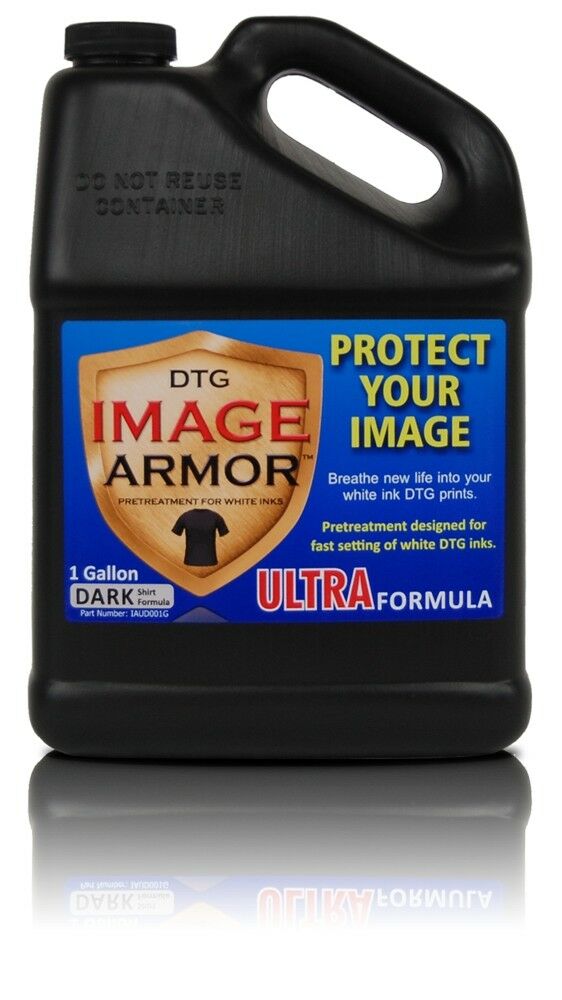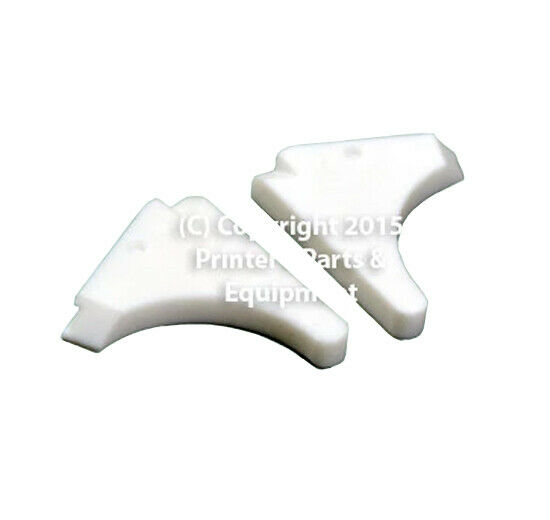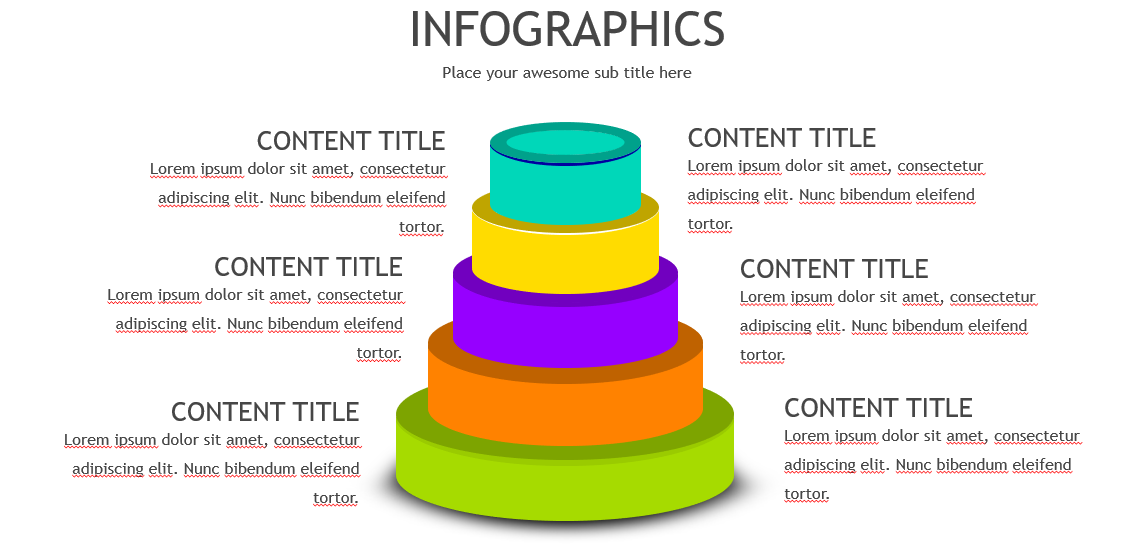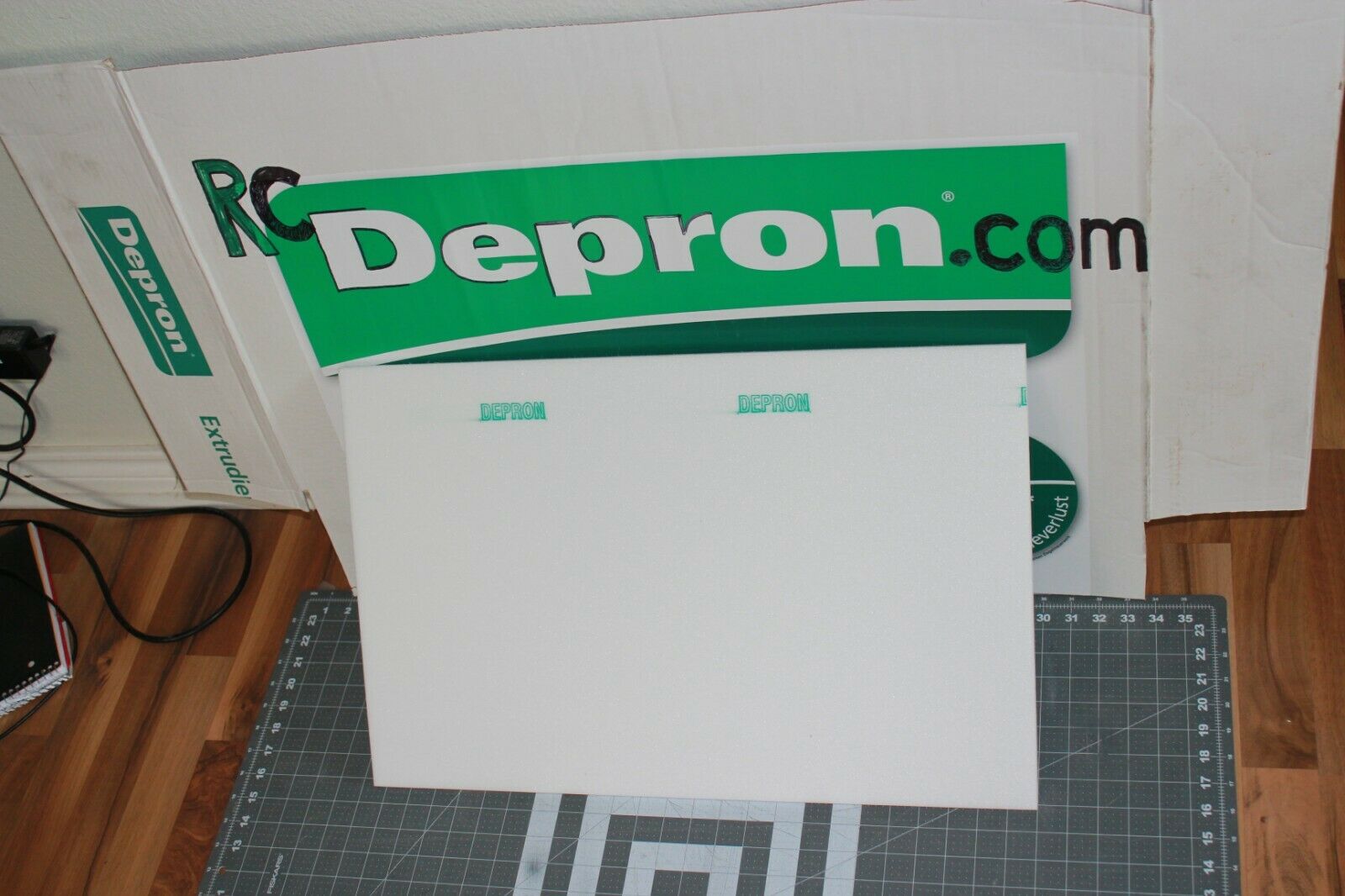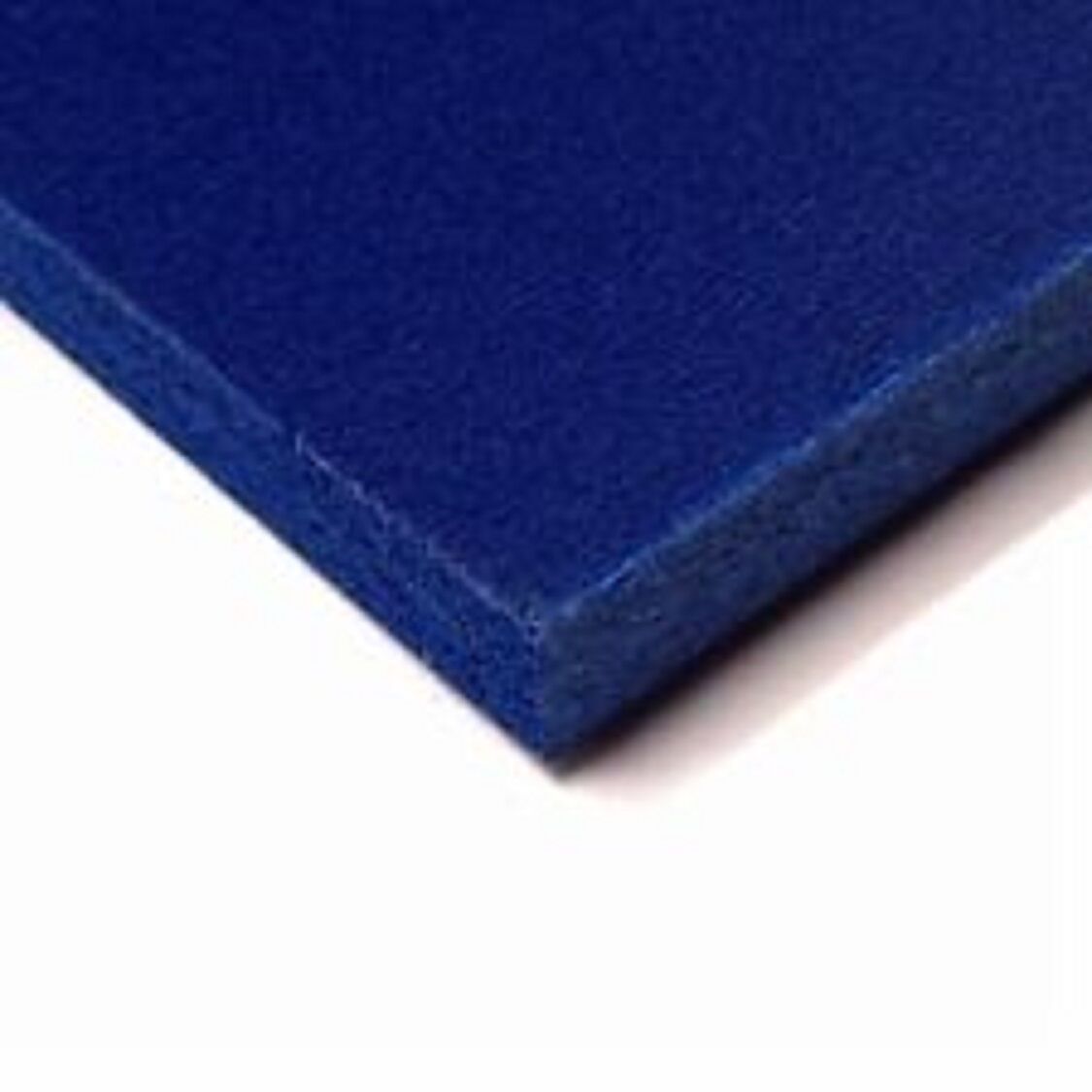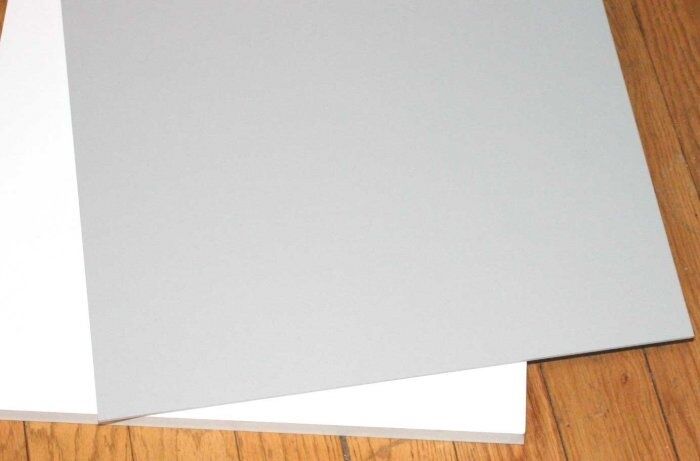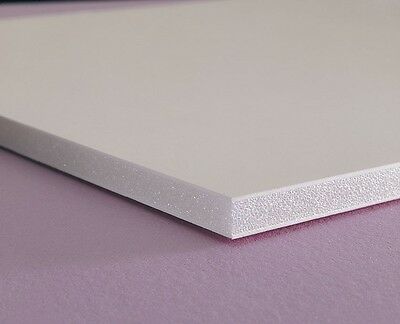-40%
Image Armor ULTRA Pretreatment For DTG Printers Brother Epson Anajet
$ 26.37
- Description
- Size Guide
Description
Image ArmorULTRA™
Image Armor
ULTRA
Formula
Image Armor
ULTRA
Formula is the latest generation of pretreatment from Image Armor. Made especially for the latest inksets from
Image Armor
,
Brother® GTX &
GT3 Series &
Epson®
Sure Color F Series and high speed
Aeoon
DTG printers, that require faster activation speeds. The
ULTRA
Formula makes short work of activiating and gelling white ink so it can be simultaneously printed with CMYK.
100% Cotton Mid-color to Black color shirts
Increased vibrancy and wash fastness makes your shirts look like high end screen printing
Benefits of Image Armor
ULTRA
Pretreatment
Faster gelling of White ink on higher speed printers
No Crystallization of the pretreatment after pressing
Much wider margin for application
RFU (Ready for Use) formula does not require any mixing.
Easier on your pretreating equipment. Less clogging issues.
Pre-test prior to any production runs for substrate suitability and performance.
Application:
Pre-heat press your garment to smooth down fibers and any wrinkles. It will also drive out excessive moisture.
When applying pretreatment to the garment, make sure to apply it as evenly as possible (Automatic mechanical pretreatment machines are the best).
Depending on the shirt being pretreated there are some variables to consider on how much to apply.
A good starting point is 15-18 grams
per 14″x14″ area
.
NOTE: 18-26 grams may provide you with better washability and optical brightness. This is contrary to some manufacturer's recommendations.
Pre-Test
to find your best laydown for the garment you are pretreating.
The heaver the garment, the higher the amount of pretreatment needed.
The darker the garment color, the more pretreatment is required.
The lighter the weight of the shirt, you can usually reduce the amount of fluid applied to the garment.
The lighter the color of the shirt, less pretreatment is usually required.
The lighter the color of the shirt, less pretreatment is usually required.
HINT:
You might try cutting
ULTRA
for light colored shirts 1:1 mix (using one part distilled water to one part
ULTRA
pretreatment) to reduce yellowing or discoloration.
DO NOT USE
on white or natural colored shirts.
Always use a high quality garment that is ring-spun with a tight knit weave. The smoother and tighter the weave, the better your final DTG print.
Recommended Curing:
Heat set immediately after spraying.
Do not allow to dry before heat curing.
Open the garment and 'thread' onto platen so 1 layer is pressed.
Press at Mediun to Heavy pressure @ 330°F for 30 seconds.
Pressure will vary with different garment fabric weights.
CURING HINTS:
Use a good commercial quality heat press. Make sure to allow the heat press to return to full temperature before curing the next garment. Raise the platen after after the first 20 seconds to allow excess steam to escape. Heat press for additional 10 second intervals until completely dry. Raise the heat platen between each interval to allow steam to escape. Covering the garment with heat resistant treated
Kraft Release Paper
will minimize the amount of garment sizing and pretreatment buildup on heat platen. It also provides a smoother matte finish that accepts the White Ink more consistently creating better white coverage. Do not allow the kraft sheet to remain on the garment as this will block escaping steam and may cause crystallization particles.
Storage of Garments:
Pre-pretreated shirts can be done ahead of time. Try to use them as soon as possible. It is not recommended to go more than two weeks after pretreating before using.
Always re-press the garment for about 5-10 seconds with minimal pressure if they’ve been stored for more than a day. Shirts will re-absorb environmental moisture the longer they are exposed. Moisture is the enemy of good pretreated shirts.
ALWAYS MAKE SURE YOUR SHIRTS ARE MOISTURE FREE BEFORE PRINTING.
DO NOT OVERHANDLE the shirts. Touching, bending, folding, throwing shirts around will damage and break the pretreatment down on the shirt. For the best results, try not to “man handle” the garments prior to printing.
